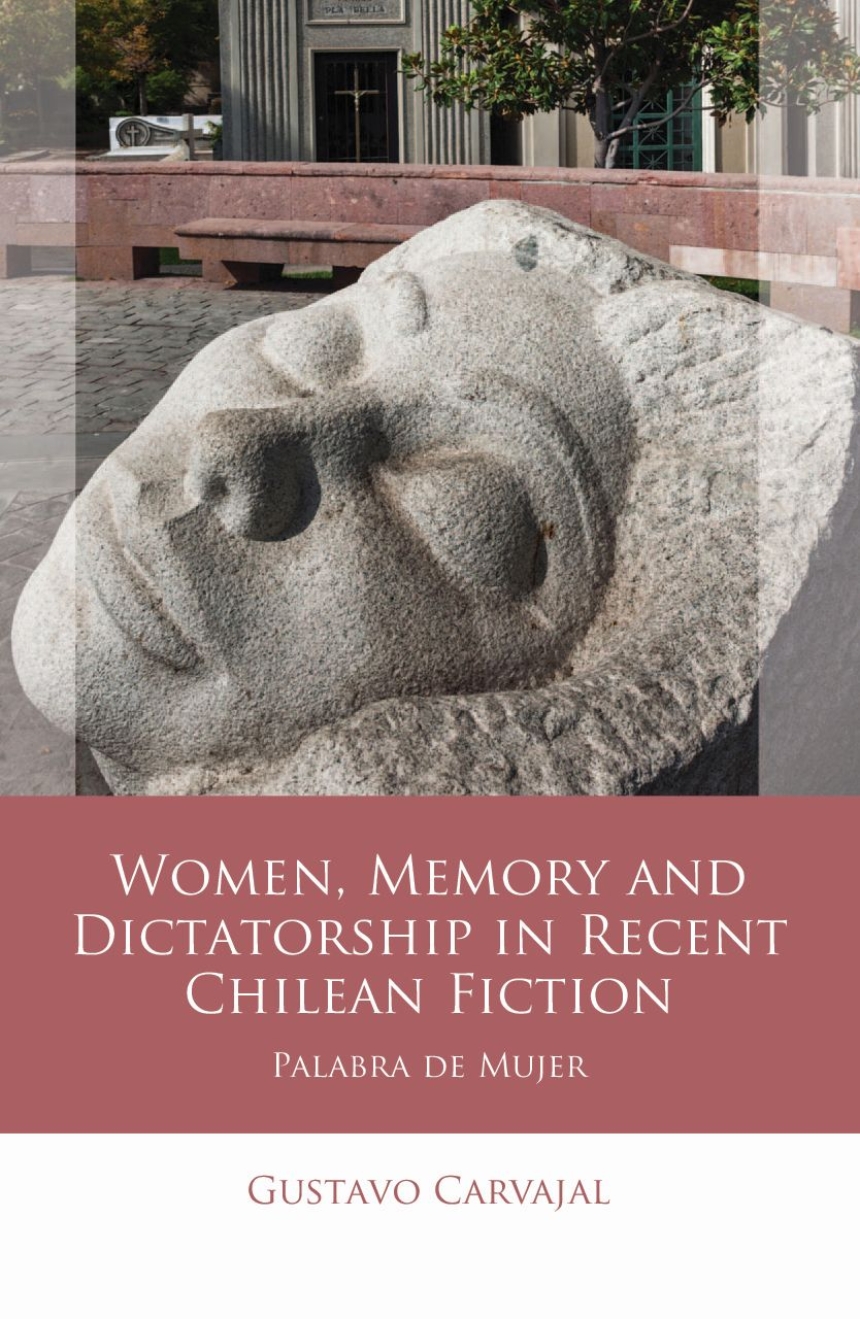9781786838032
Distributed for University of Wales Press
Women, Memory and Dictatorship in Recent Chilean Fiction
Palabra de Mujer
An analysis of Chilean memory culture from the perspective of gender and literary studies.
How do the politics of memory perpetuate gendered images of political violence in Chile? Can the literary rewriting of painful experiences contest existing interpretations of national trauma? How do women participate in the production of collective narratives of the past in the aftermath of violence? This book discusses the literary representation of women and their memory practices in the recent work of seven contemporary Chilean authors: Diamela Eltit, Carlos Franz, Pía González, Fátima Sime, Arturo Fontaine, Pía Barros, and Nona Fernández. It locates their works in the context of a patriarchal politics of memory in Chile, a country still grappling with the legacy of military dictatorship. Through the analysis of novels that depict the dictatorial past through the memories of women, Gustavo Carvajal argues that these texts explore remembrance as a process by which the patriarchal co-option of women’s memories can be exposed and even contested in the aftermath of violence.
How do the politics of memory perpetuate gendered images of political violence in Chile? Can the literary rewriting of painful experiences contest existing interpretations of national trauma? How do women participate in the production of collective narratives of the past in the aftermath of violence? This book discusses the literary representation of women and their memory practices in the recent work of seven contemporary Chilean authors: Diamela Eltit, Carlos Franz, Pía González, Fátima Sime, Arturo Fontaine, Pía Barros, and Nona Fernández. It locates their works in the context of a patriarchal politics of memory in Chile, a country still grappling with the legacy of military dictatorship. Through the analysis of novels that depict the dictatorial past through the memories of women, Gustavo Carvajal argues that these texts explore remembrance as a process by which the patriarchal co-option of women’s memories can be exposed and even contested in the aftermath of violence.
240 pages | 5 1/2 x 8 1/2 | © 2021
Iberian and Latin American Studies
Literature and Literary Criticism: General Criticism and Critical Theory
Reviews
Table of Contents
Contents
Acknowledgments
Introduction
Patriarchy and memory
Remembering dictatorial Chile
Women’s memories in the public sphere
Chileans fictions of the traumatic past
1 Violence and women’s memories in El Desierto
Rituals of violence and memory
Understanding the traumatic past
Victims and perpetrators
2 Militants, wives and mothers in Jamás el Fuego Nunca and Libreta de Familia 77
The Chilean novel, the dictatorship and the Left
The gendered construction of militants and wives
The gendered construction of a mother
3 Female collaboration in Carne de Perra and La Vida Doble
The Bachelet government
Confessions and conversions
Collaborators in democracy
Telling stories
4 Daughters rewriting legacies in ‘El lugar del otro’ and Fuenzalida
Inherited memories
Family albums
Daughters of the dictatorship
Rewriting legacies
Conclusion
Notes
Bibliography
Acknowledgments
Introduction
Patriarchy and memory
Remembering dictatorial Chile
Women’s memories in the public sphere
Chileans fictions of the traumatic past
1 Violence and women’s memories in El Desierto
Rituals of violence and memory
Understanding the traumatic past
Victims and perpetrators
2 Militants, wives and mothers in Jamás el Fuego Nunca and Libreta de Familia 77
The Chilean novel, the dictatorship and the Left
The gendered construction of militants and wives
The gendered construction of a mother
3 Female collaboration in Carne de Perra and La Vida Doble
The Bachelet government
Confessions and conversions
Collaborators in democracy
Telling stories
4 Daughters rewriting legacies in ‘El lugar del otro’ and Fuenzalida
Inherited memories
Family albums
Daughters of the dictatorship
Rewriting legacies
Conclusion
Notes
Bibliography

